
To celebrate World Chocolate Day this July 7, The Brazilian Report wanted to highlight the richness of Brazil's industry and chocolate culture. Brazil is one of the world's top ten cocoa producers, with an estimated annual production of 250,000 tons - enough cocoa to fill the Planalto Palace in the capital city of Brasília with cocoa beans over 167 times!
Brazil's cocoa industry currently accounts for more than 20,000 direct and indirect jobs. Still, the industry is slowly making a comeback after falling from its place as the world's second-largest cocoa producer in the 1980s, when cocoa crops were wiped out by disease.
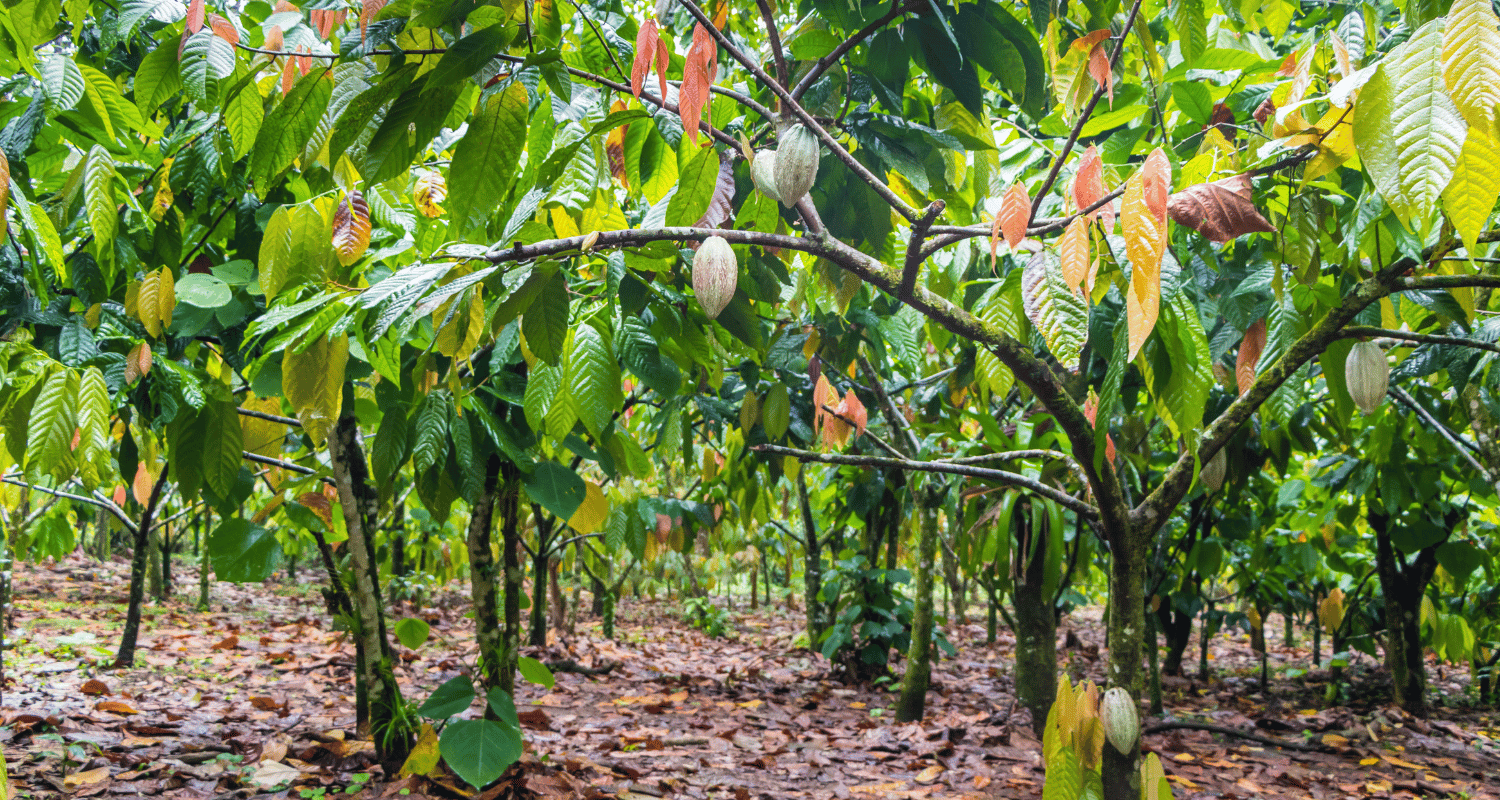
The real deal
Brazil is one of the few countries in the world that has the entire cocoa supply chain, which sets it apart from other top ten cocoa exporters. With 93,000 cocoa producers, Brazil not only grows the beans, but also has factories to grind and process them. And, of course, Brazilians are big chocolate consumers. They eat an average of 2.2 kilograms of chocolate a year, which is 2.3 times the world average per capita. So yes, not only soccer and samba represent Brazil!
Chocolate the Brazilian way
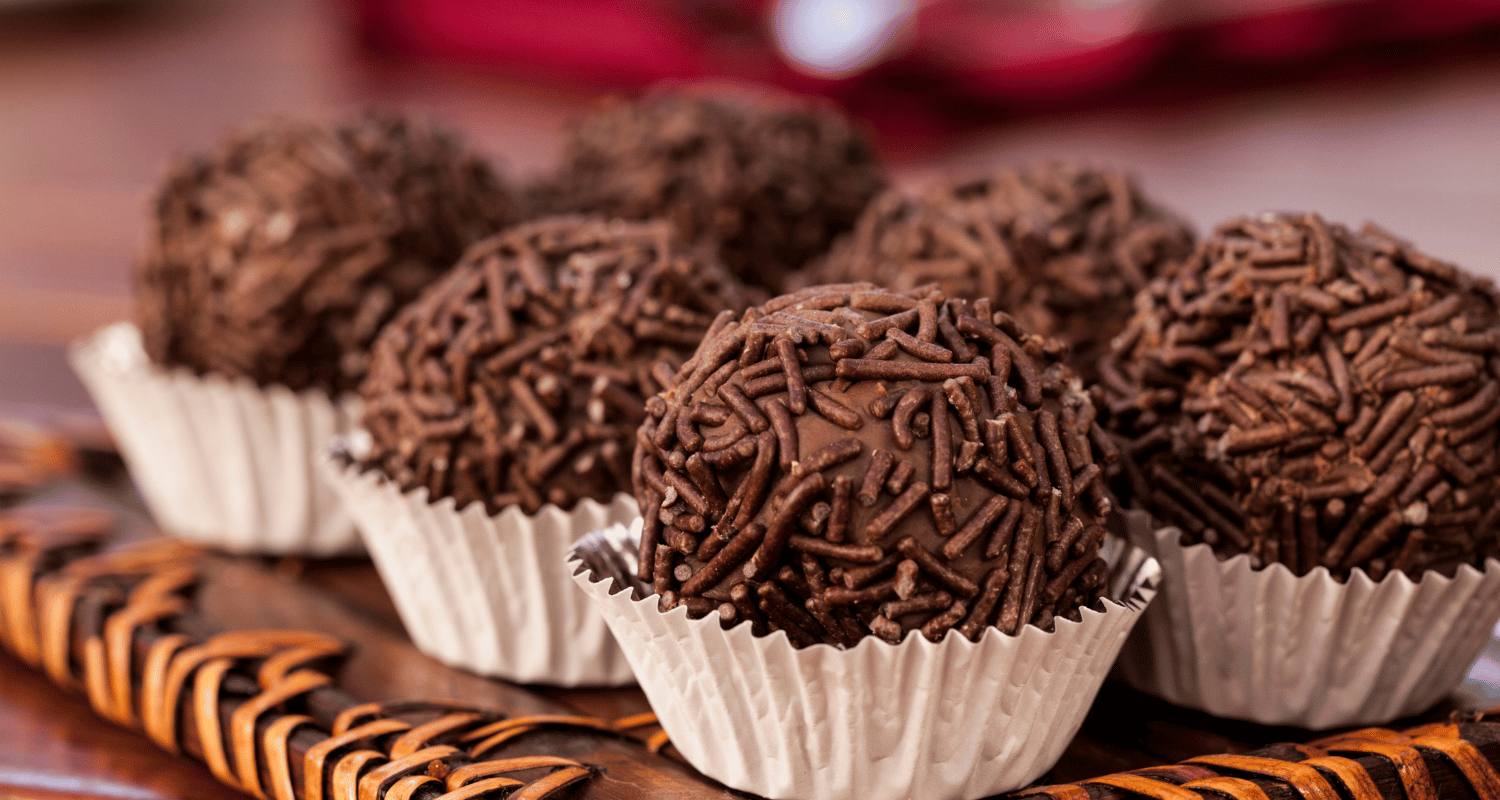
Arguably the most popular version of Brazilian chocolate is the brigadeiro. Though not always made to the same recipe, this rolled up ball of deliciousness, created in the 1940s, is basically condensed milk, cocoa powder, butter, and (ideally) chocolate sprinkles. But the regular milk, chocolate, candy, and chocolate "truffles" are also popular. Oh, you should also try Brazil's famous chocolate-covered carrot cake!
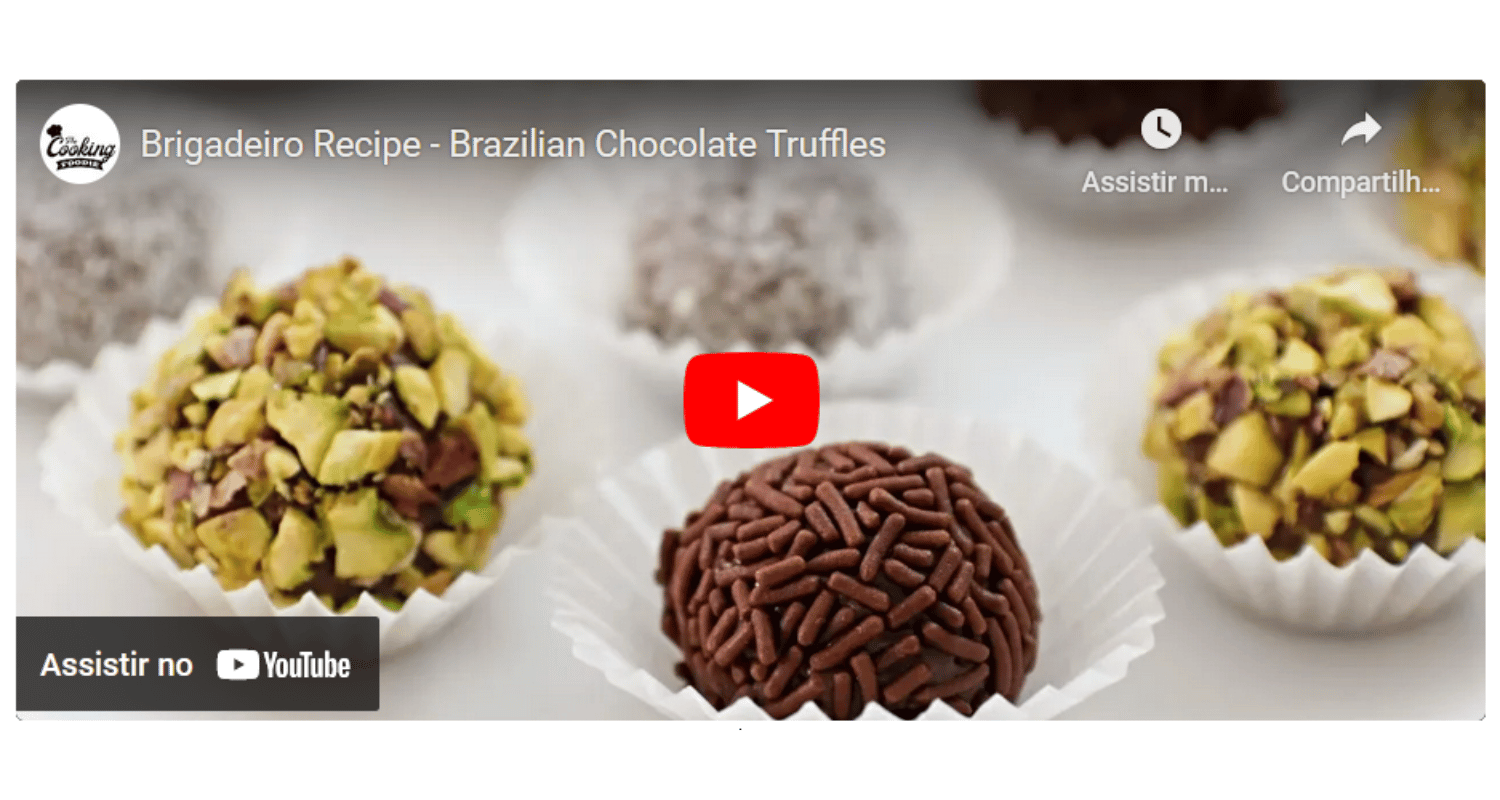
Click on image to watch the video
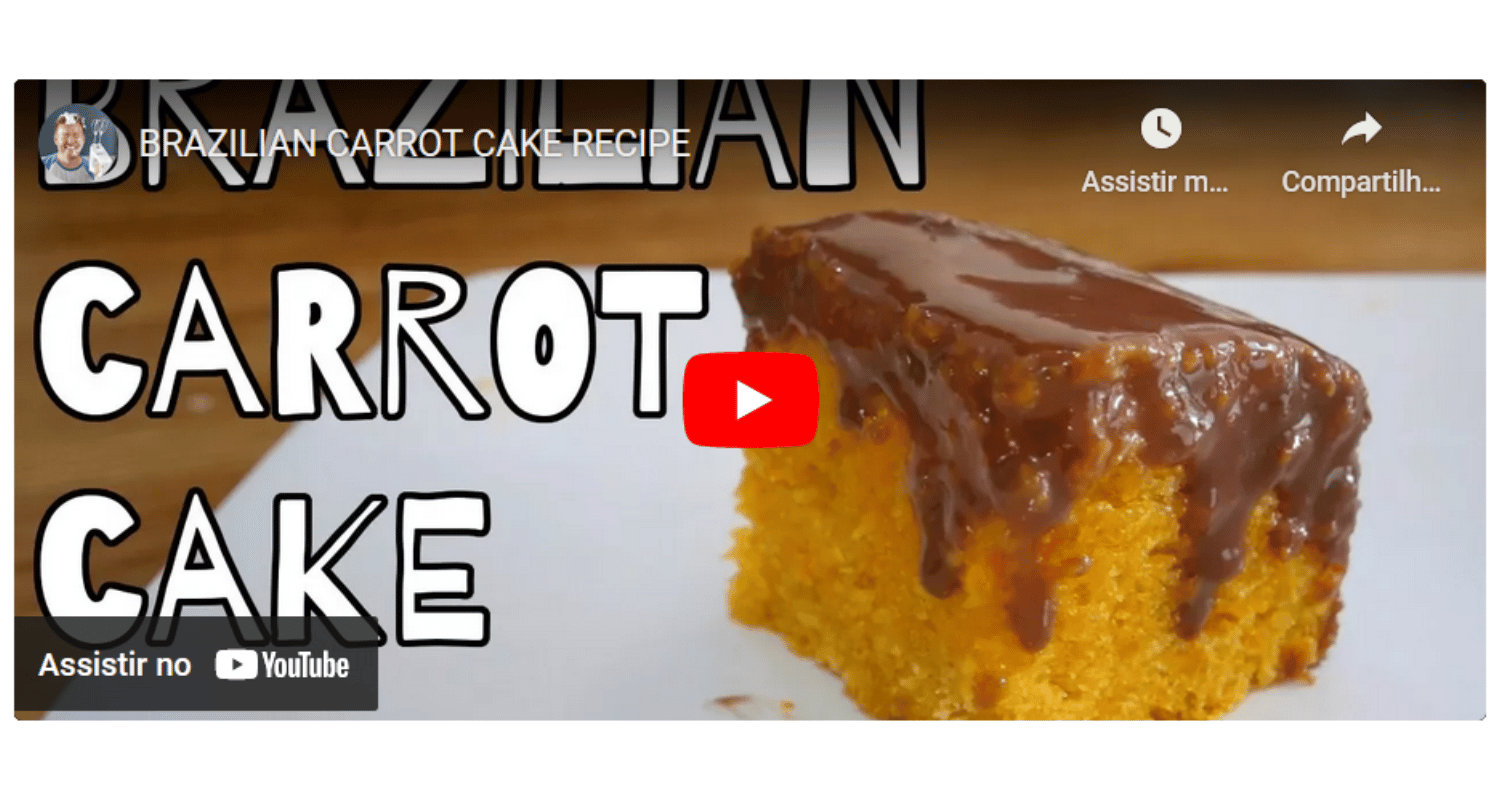
Click on image to watch the video
Sustainability
Brazil has also been working to make its cocoa industry more sustainable, especially as the sector has expanded. In 2018, leading members of the Brazilian chocolate and cocoa industry came together to create CocoaAction Brazil, an initiative of the World Cocoa Foundation that aims to address key issues in the sector and promote sustainable practices. Over the past five years, CocoaAction Brazil has addressed issues related to deforestation, community engagement and others.
CocoaAction Brazil worked to increase cocoa farmers' access to finance through the Pronaf credit line (successfully tripling access from 2017 to 2021). More recently, the initiative has also focused on its Cacau 2030 project, which includes goals such as promoting decent work, providing personal protective equipment, and guiding those in the cocoa supply chain on how best to implement sustainable processes.
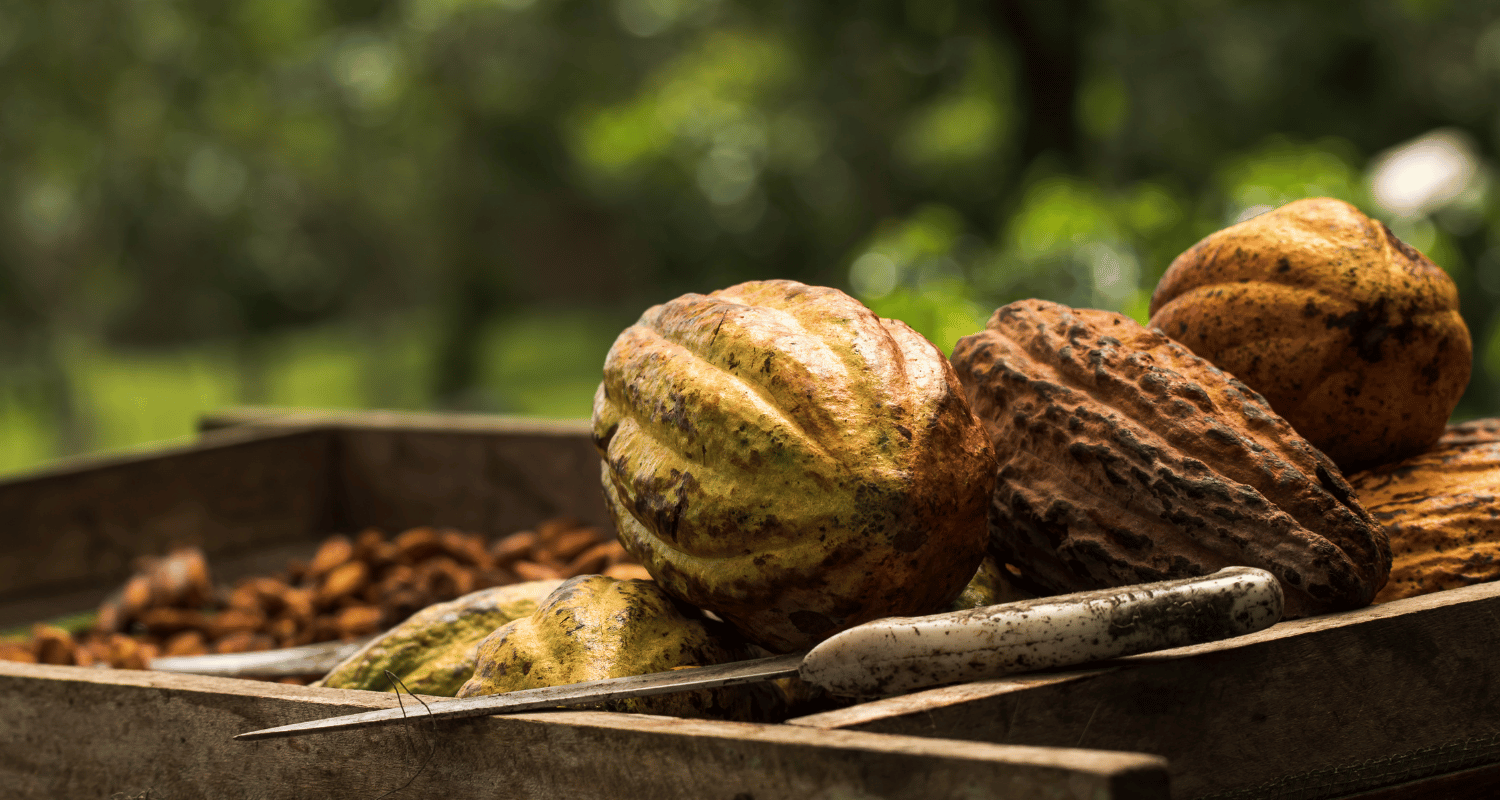
The future of Brazil's chocolate industry
Based on last year's figures, Mordor Intelligence predicts that the Brazilian chocolate industry will grow by more than 4 percent over the next five years. Although sustainability statistics are difficult to predict, CocoaAction Brazil's Cacau 2030 project should help make the industry more sustainable than ever before... We can only wait and see what the next few years will bring to the industry — especially since, well, Brazilians' love of chocolate isn't going anywhere.
